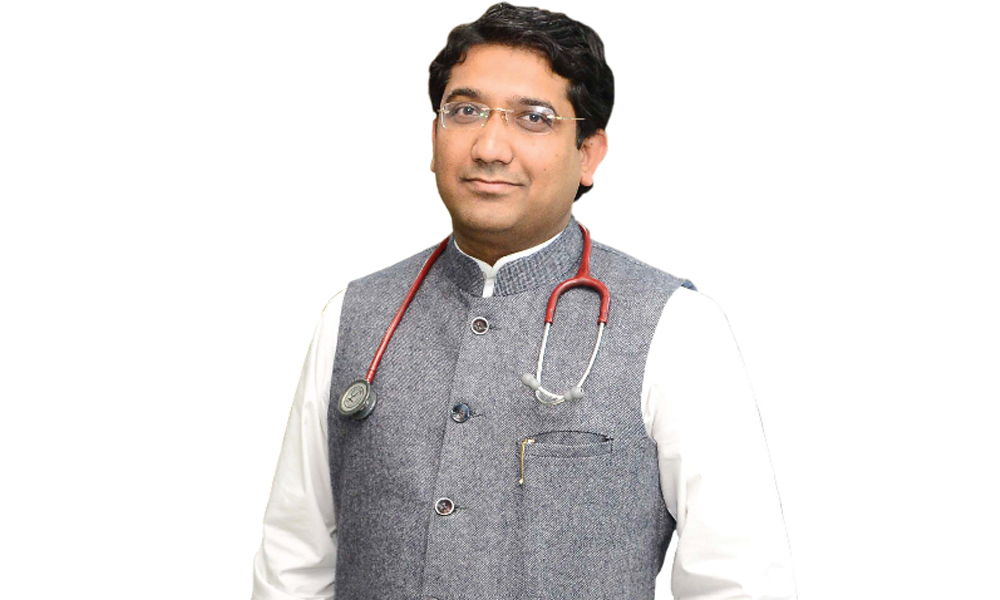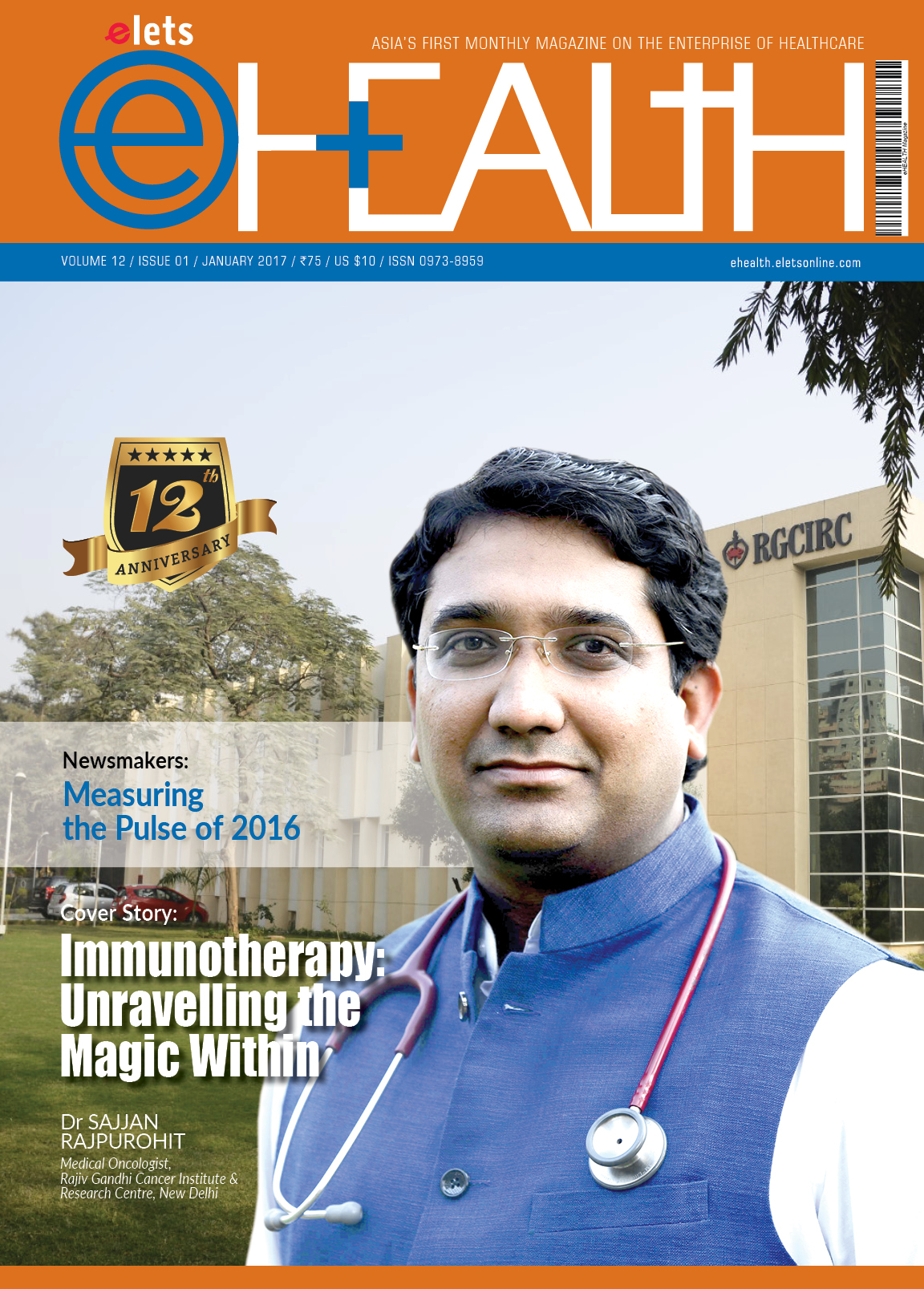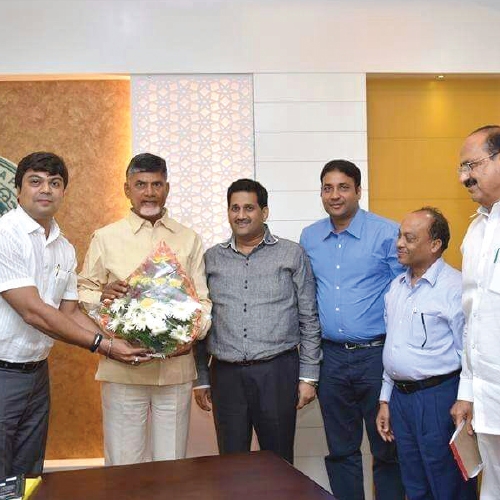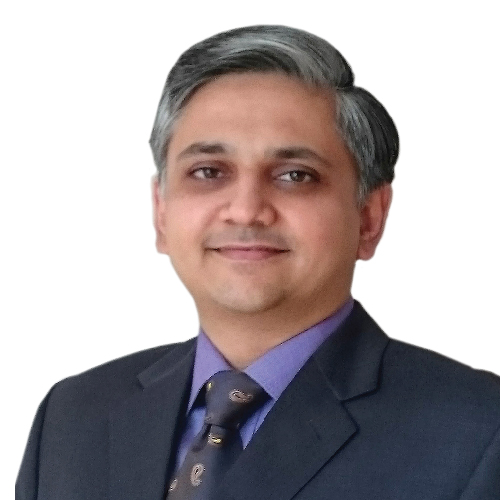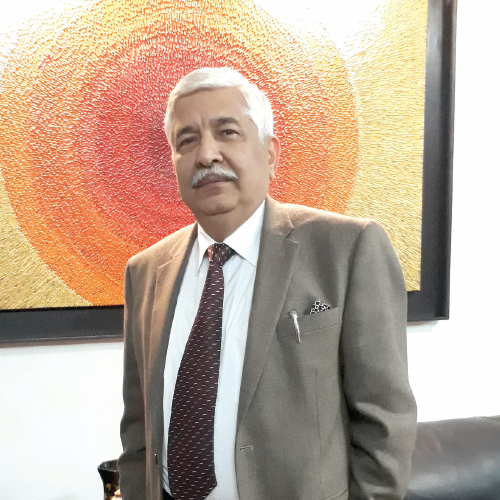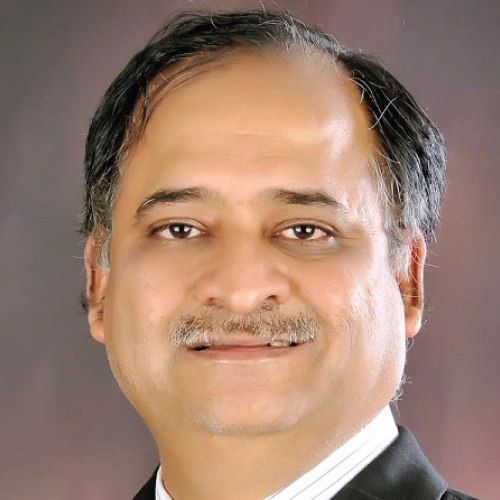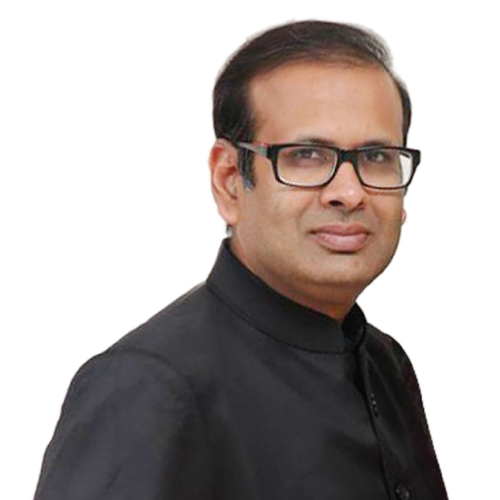
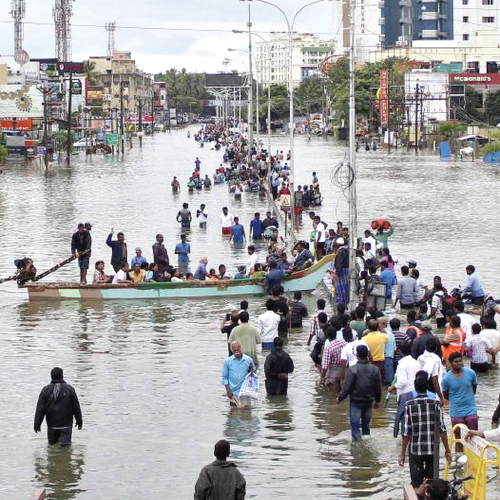 There is an urgent need to accept that climate change is a reality and no single department or a system can manage adaptation, resilience, mitigation in isolation, says Dr Vikas Desai, Technical Director, Urban Health and Climate Resilience Centre (UHCRC), Surat, in an interview with Manish Arora of Elets News Network (ENN).
There is an urgent need to accept that climate change is a reality and no single department or a system can manage adaptation, resilience, mitigation in isolation, says Dr Vikas Desai, Technical Director, Urban Health and Climate Resilience Centre (UHCRC), Surat, in an interview with Manish Arora of Elets News Network (ENN).
What kind of work UHCRC is doing in the public health space. What are the organisations goals?

The Urban Health and Climate Resilience Centre (UHCRC) is one of the first such centres in India initiated under the Surat Climate Change Trust Governance. This initiative is supported by Asian City Climate Change Resilience Network (ACCCRN) of Rockefeller Foundation and uted by the Health Department of Surat Municipal Corporation. TARU International is the project holder and knowledge partner.
UHCRC strives to be a knowledge hub in the area of urban health and climate resilience, addressing public health and urban climate change adaptation and resilience issues in India. This centre has been established in the western city of Surat known for its public health sensitivity.
Launched in April 2013, the UHCRC gets funding support from Rockefeller Foundation. After completing its tenure in December 2016, it is in transit phase of sustainability mode as a Urban Health and Climate Resilience Centre of Excellence (UHCRCE) to continue its techno academic contribution in the field of urban health, with a climate resilience focus not only for the city of Surat but also for urban Gujarat and India.

UHCRC aims at studying, piloting and assisting programmes for city authorities to upscale and prepare urban health services to adapt to climate change challenges. UHCRC strategy includes research, training, documentation, networking and consultancy.
There is no restriction to area of work of UHCRC, but it first started its work from Surat city followed by Gujarat state and then in cities of the other states.
How has the deteriorating environment impacted public health in Indian cities?
Health is an outcome of complex interaction between human beings and environment.
All external factors are interrelated and climate change is a cause as well as an effect of changing environment, and its impact on health
Here environment refers to internal environment like genes, nutrition, immunity, age, sex, lifestyle, etc, and external environment like physical, social, economical, political, service system, etc.
Complex interactions between all external and internal factors decide health of an individual, family, society or a city, district or nation.
All external factors are interrelated and climate change is a cause as well as an effect of changing environment, and its impact on health. Entire epidemiological triad is influenced by climate change.
What kind of evidence has UHCRC come across to assess this impact?
 To understand effect of climate change on public health there is a need of city specific health and climate data. UHCRC challenge is to understand local climate trend, local health statistics and analysis their inter relations. To understand public health profile of any city, there is a need to understand its geography, health services, infrastructure, socio demography and health seeking behaviour of the community.
To understand effect of climate change on public health there is a need of city specific health and climate data. UHCRC challenge is to understand local climate trend, local health statistics and analysis their inter relations. To understand public health profile of any city, there is a need to understand its geography, health services, infrastructure, socio demography and health seeking behaviour of the community.
UHCRC worked on retrospective health data of Surat city and city specific climate. It studied public and private health service network, population characteristics, health seeking behaviour and community behaviour and participation.
Following these basic studies of Surat city, UHCRC assessed impact of heat on public health, floods on public health, spatial integrated public health vulnerability in the city and community practices and models.
UHCRC also studied public health vulnerability of seven mega cities of Gujarat following the Surat city experience.
With climate change clearly emerging as key challenge in near future, how are Indian cities placed to mitigate its adverse effects on public health?
Climate change is a global phenomena but its impact is local focal. So, city specific planning needs local temporal, spatial information based on which local evidence based information can be planned.
One of the major challenges for health and climate resilience study is availability of standard data. In India climate data for every city is not available. Health data is scarce and not standardised. Technology enabled system does not guarantee adequate coverage and quality data resulting in to limitations. Though health is one of the impact of climate change, its more sensitive and emotional indicator for advocacy.
Health focused climate resilience in urban setup is the need of the hour as health is not only an individual challenge but a societal challenge as well. Impact on health is not only disease, disability or death it is also loss of productivity and impact on economy and development. Individual resilience to climate change is dependent on health status and ability to adapt to climate changes.
What is needed is health focused approach to climate resilience, health in every urban planning and a process of strong inter-sectoral convergence to plan, implement and monitor together. The urgent need to accept that climate change is a reality and no single department or a system can manage adaptation, resilience and mitigation in isolation. Health and climate resilience planning and implementation need to be part of every process. It cannot wait till some interventions are over. It has to happen now.
Health focused climate resilience in urban setup is the need of the hour, as health is not only an individual challenge but a societal challenge as well
How is UHCRC leveraging technologies to achieve its targets?
UHCRC explorative studies use technology for public health and climate convergence, prepare action plans like IT supported disease surveillance system, M-health solutions, community participation and education applications.
Be a part of Elets Collaborative Initiatives. Join Us for Upcoming Events and explore business opportunities. Like us on Facebook , connect with us on LinkedIn and follow us on Twitter , Instagram.


